The Obon festival (お盆)
5796 Views |
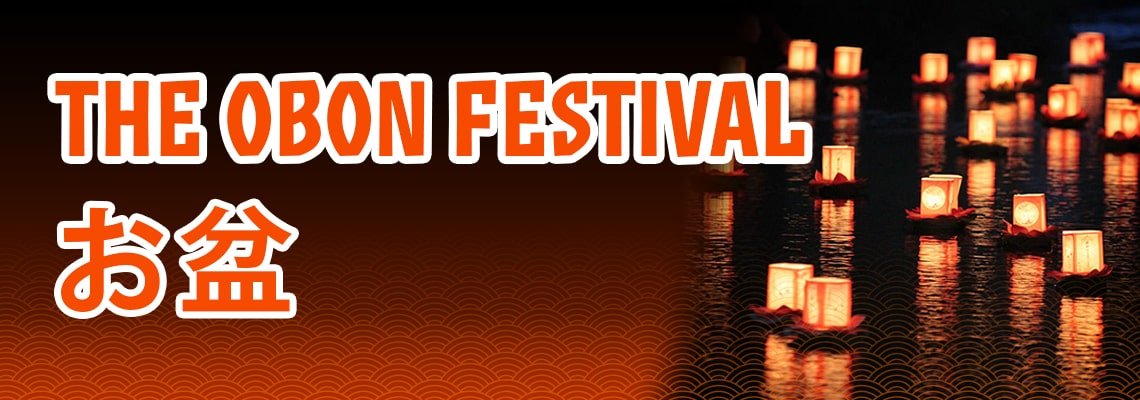
The Obon Festival is a sign the arrival of summer in Japan, announced by the chorus of cicadas everywhere (蝉), seemingly celebrating the sun’s warm rays. The clear blue skies enriched with fluffy clouds, inviting people to join in the season’s activities outdoors.
One of the most significant summer events is Obon, also known simply as Bon. This traditional ritual honors the spirits of the departed ancestors of the Japanese. It is typically observed from August 13th to 16th each year. It is believed that during this brief period, the spirits of ancestors return from their realm to ours.
To facilitate their smooth transition between worlds, several ritualistic preparations take place. On the first day of Obon, cucumbers and eggplants are transformed into representations of horses and cows, respectively, by inserting chopsticks or toothpicks as legs. These creations, known as ShouRyouUma (精霊馬), serve as vehicles for the ancestors’ spirits. The cucumber symbolizes the horse, signifying a swift return, while the eggplant represents the cow, indicating a slow and peaceful departure.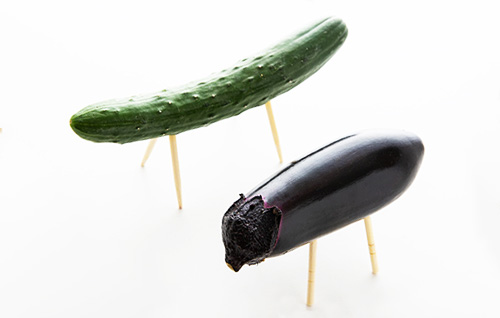
On August 13th, dried hemp is ignited on dishes to create guiding fires and smoke, welcoming the ancestors’ spirits.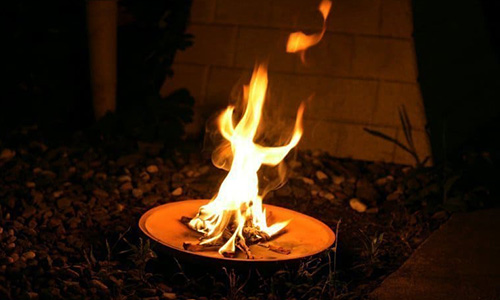
From the 14th to the 15th, families visit their ancestors’ graves to clean the tombstones, offer flowers and gifts, pray, and reminisce about their loved ones.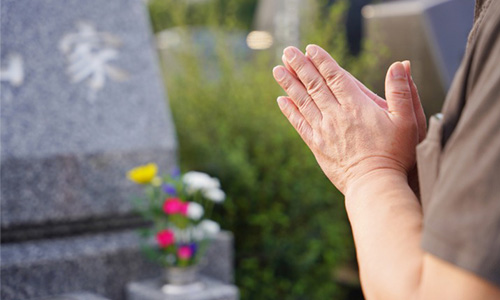
The festival concludes on August 16th, when fires are lit once more to guide the ancestors’ spirits on their journey back. In Kyoto, this is marked by the Gozan no Okuribi event, where fires are set ablaze on mountainsides, forming characters such as 大 or the torii gate (鳥居), to navigate the spirits back to their world. This ancient and mystical tradition attracting both Japanese and international visitors with its spectacular fires.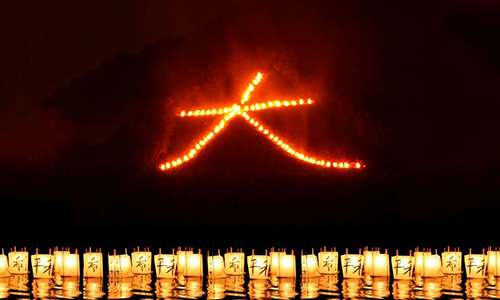
In some regions, lanterns are set and drift on rivers or out to sea, symbolizing the sending of spirits skyward. The Obon Festival’s customs can vary widely from one area to another, and even from family to family.
While Obon is a time to remember the dearly departed, which can evoke sadness, it also presents a valuable opportunity for family reunions and togetherness. Some even refer to this extended holiday as “Silver Week” similar to “Golden Week” as it represents the second-longest holiday period in Japan.



